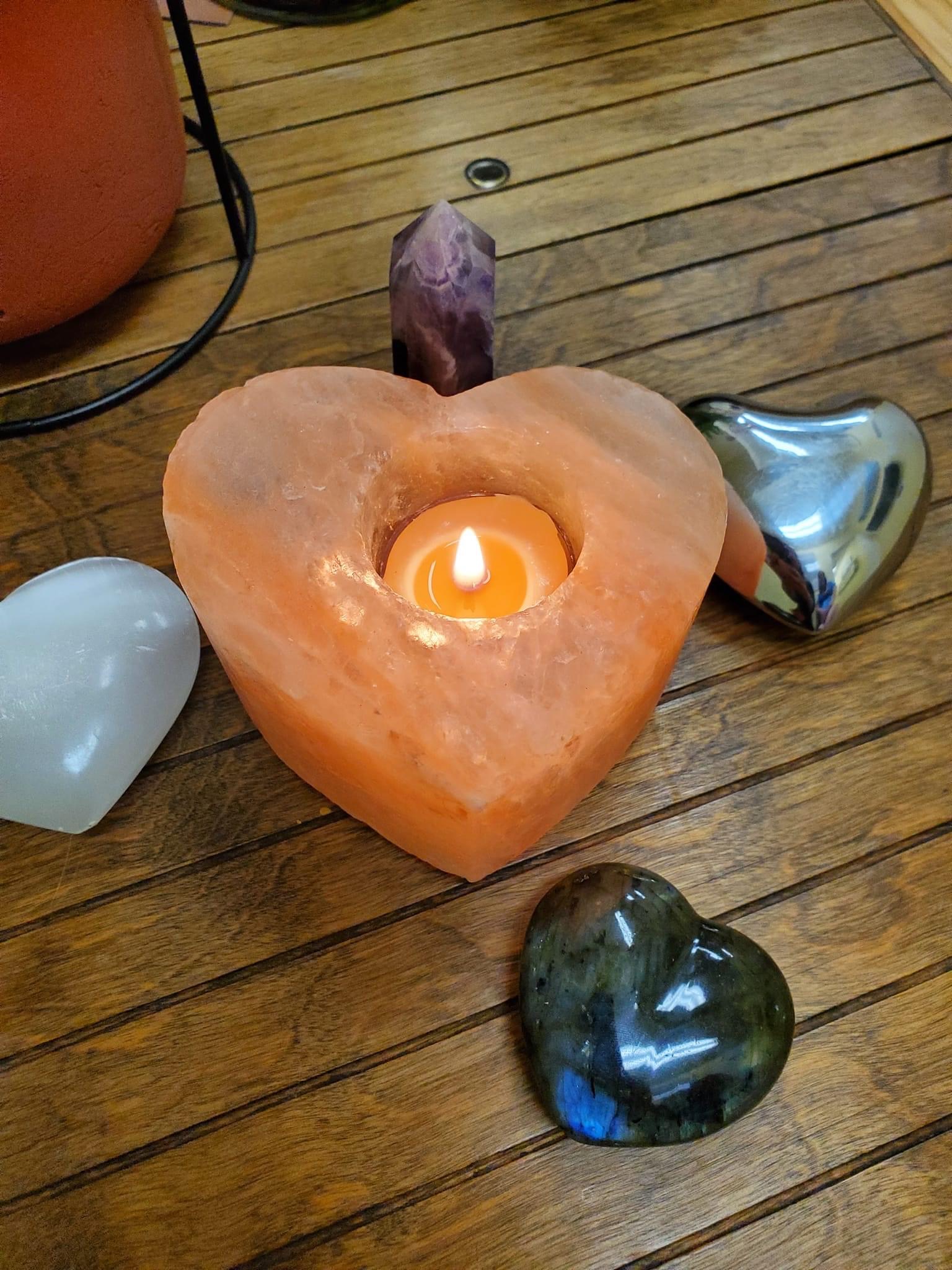Posts by Grief Stories
Lisa – How to support someone in grief
Lisa – How to support someone in grief
Lisa shares what was helpful from other people when she was grieving
Lisa – Music and a safe space
Lisa – Music and a safe space
Lisa explains how music has been a safe space for her to feel all of the emotions that have come up since she lost her Dad
Lisa – Music and her connection with her father
Lisa – Music and her connection with her father
Lisa talks about the gratitude she has for reconnecting with her father before he died and how much music was a connection for them
Lisa – Music helped after losing her Dad
Lisa – Music helped after losing her Dad
Lisa shares how music has helped in her grieveing process.
Lisa – What I do with my music
Lisa – What I do with my music
Lisa discusses what she does with the songs she writes and how they work for her when she needs to tap into a safe space
What I know about grief
Post by Alyssa Warmland, artist, activist, well-practiced griever.
I earned my “grief card” at 15, when I lost my mother. Since then, I’ve experienced other instances of loss and have become a well-practiced griever. Most recently, I lost a friend in a tragic way. She was deeply connected within our rural Ontario community and as I grieve her loss, I’m watching many other people around me grieve. Some, like me, are experienced in grief. Others are newer to the experience.
The following are some things I know to be true about grief for me, based on my lived experience. Some of them may resonate with you as well. Grief is unique to the people experiencing it in each moment, so please take whatever makes sense to you from this share and leave whatever doesn’t.
– Give yourself space to just feel the waves. Sometimes it feels like it’s not quite so intense, and then sometimes it feels like you’ve just been punched in the stomach. And it’ll cycle around. And it won’t feel this way forever.
– You’re totally allowed to feel whatever it is you’re feeling. Last night, while I spoke with sobbing friends on the phone, I was absolutely furious. Today, it’s that gut-punch feeling. it’ll cycle around. And it won’t be this way forever.
– Sharing stories can be helpful. Celebrate the reasons you loved whoever you’re grieving. Look at the pictures. Watch the videos. Sing the songs.
– Be patient with yourself, but keep going through the motions of what you know you need to do to maintain your wellness while you grieve. Eat something, even if you’re not hungry. Sleep or lay down, even if you feel like you’ll never fall asleep (podcasts can help make it less overwhelming). Drink water. Go for a walk outside. Write about it. Work, if you want to work (and plan for some extensions on stuff if you can, so you can work a bit more slowly than usual if you need to)
– Your brain may take a little longer to process things. Your memory may not work as well. You may feel irritable or overwhelmed. It’s okay.
– If the death part itself was hard, try to avoid focusing on the end, and instead think about the person you loved and who they were when they were well.
– Connect with other people who are grieving, it may be easier to know you’re not alone.
To learn more about collective grief, please read Maureen’s post on the topic.
Collective Grief
Post by Maureen Pollard, MSW, RSW
When the death of a person affects many members in a community, city, country, or across the world, people will experience collective grief.
Some things that can help people through the experience of collective grief across a community include:
– Holding gatherings that allow people share the pain of loss and to remember and honour the person who died;
– Sharing reflective and supportive posts on social media that address the loss and grief being felt by so many;
– It can be helpful to tag the person who died, so it shows up on their page where people can look through for solace. It may be a good idea to avoid tagging the family members of the person who died so that they can
choose when to opt into engaging with these memories without overwhelming notifications;
– Encouraging opportunities for community members to give and receive empathy and compassion;
– Respecting personal differences in the experience and expression of grief among community members, as everyone
grieves in their own way.
While many people across a community may be feeling the loss, it’s important to respect the privacy of those most impacted by the death. Give the immediate family time and privacy. Although many may mourn their loved one, it can be burdensome for the family to have to receive community grief at a time when they are coping with their own grief process.
When Death Comes Suddenly
Some types of death we prepare for. If we have an elderly person in our life, one who has lived a good, long life and may be experiencing some health challenges that typically come with old age, then we may well be thinking about the possibility they will die. This type of death fits into the ‘natural order’ of life, and even if we don’t want it, we tend to accept that it is inevitable.
Similarly, we can prepare for death by illness or a chronic, deteriorating condition. We know this is happening and we have time to take action to give ourselves and the dying person some sense of completion as their time comes to an end.
Sudden, unexpected death is quite different. It’s really quite impossible to prepare for, and tends to leave us with a very different experience of grief. It’s important to note that sudden and unexpected death can happen in either of the above scenarios, too. An elderly person may be quite healthy, and die from an injury or sudden onset of a fatal condition. A person diagnosed with a terminal illness may die abruptly from complications or from a sudden event unrelated to their condition.
When someone dies suddenly we often struggle with grief that is raw, unpredictable and powerful. Some elements make it harder to cope, including:
The death feels out of the ‘natural order’ of life. Children are not supposed to die. Young people are not supposed to die. Sometimes, one partner is not expected to die before the other. It can make it hard to adapt when we feel that death is not “supposed to” happen at this time.
We have no chance to say goodbye or have a sense of conclusion to the relationship. We may have thought we had plenty of time to heal old wounds, to make up for neglect or take care of business with the person who died. It can be difficult to accept these missed opportunities, and they can bring a sense of guilt and regret.
The death may be violent, potentially painful and causing significant physical trauma. We can be left with terrible images. Whether we see the damage to our loved one or not, the human mind has a great capacity to imagine, and we can review the circumstances and the harm over and over again in our grieving mind.
We may worry that our loved one did not experience dignity in the circumstances of their death. We feel that the death is completely out of our control, and we may feel like we failed our loved one in some way due to their experience or the circumstances.
When someone you love has died suddenly and unexpectedly, it may feel quite different than any other type of loss you have experienced. Try to keep these factors in mind, and be gentle with yourself as you adapt to this sudden change in your life and adjust to their absence.
Helping Others Help You Through Grief
Post by Maureen Pollard, MSW, RSW
When you’ve experienced the death of a loved one, one of the most difficult things you will go through is trying to find out what helps you adjust to the loss. This can be compounded when others around you don’t understand what you’re going through, and don’t know how to help you. Although you may not have much energy, and you may be reluctant to become a teacher, it may be just what your family and friends need to help you through your grief.
The concept of “pocket phrases” can be quite useful in helping others learn what you need as you grieve. These are statements that you practice ahead of time so that they come to you effortlessly in the moments when you are upset but still need to ask for someone’s help or understanding.
“That’s not helpful.” Usually, our friends and family are trying to help, however their actions may have the opposite effect. With practice, you can develop the ability to say this in a calm, confident voice that halts comments or behaviour that you find hurtful.
“Grief isn’t easy, but it is necessary.” Well-meaning people sometimes want us to move through grief quickly when that is just not possible. You can remind them that it’s normal to feel a full range of feelings after a loss and you don’t need to ‘cheer up’.
“I’m adapting. It takes time to adjust.” When someone in your circle of acquaintances asks how you’re doing, you can use this phrase to remind them that grief is a process. You can ask them directly to have patience with your intense feelings, the changes in your routines and at the same time let them know you’ll never be quite the same again.
“I’m not strong. I’m just doing what I must.” This phrase can be helpful when people praise your ability to function in routine tasks and situations. You may want them to understand that although you may look well on the outside, there’s still a whirlwind of emotion and distress raging unpredictably inside you.
“I like it when you say their name and we talk about them.” You can let people know they don’t have to be afraid to mention your loved one. If you want to share stories, and hear stories from others, you may need to give permission with a clear, direct statement such as this so that people aren’t afraid they will hurt you more by talking about them.
These sample statements can be a good starting point for developing your own useful “pocket phrases” to help teach the people in your life how to help you as you grieve. Remember that the more you practice the things you wish you could say, the easier it will become to pull them out in a peaceful and positive way when needed.
Jean – Be good to yourself
Jean – Be good to yourself
Jean shares about support and not being hard on yourself
Jean – Grief resources and self care
Jean – Grief resources and self care
Jean talks about resources that help in processing grief and self care
Jean – Helping your children through grief
Jean – Helping your children through grief
Jean discusses how helping her children through grief also helped her




